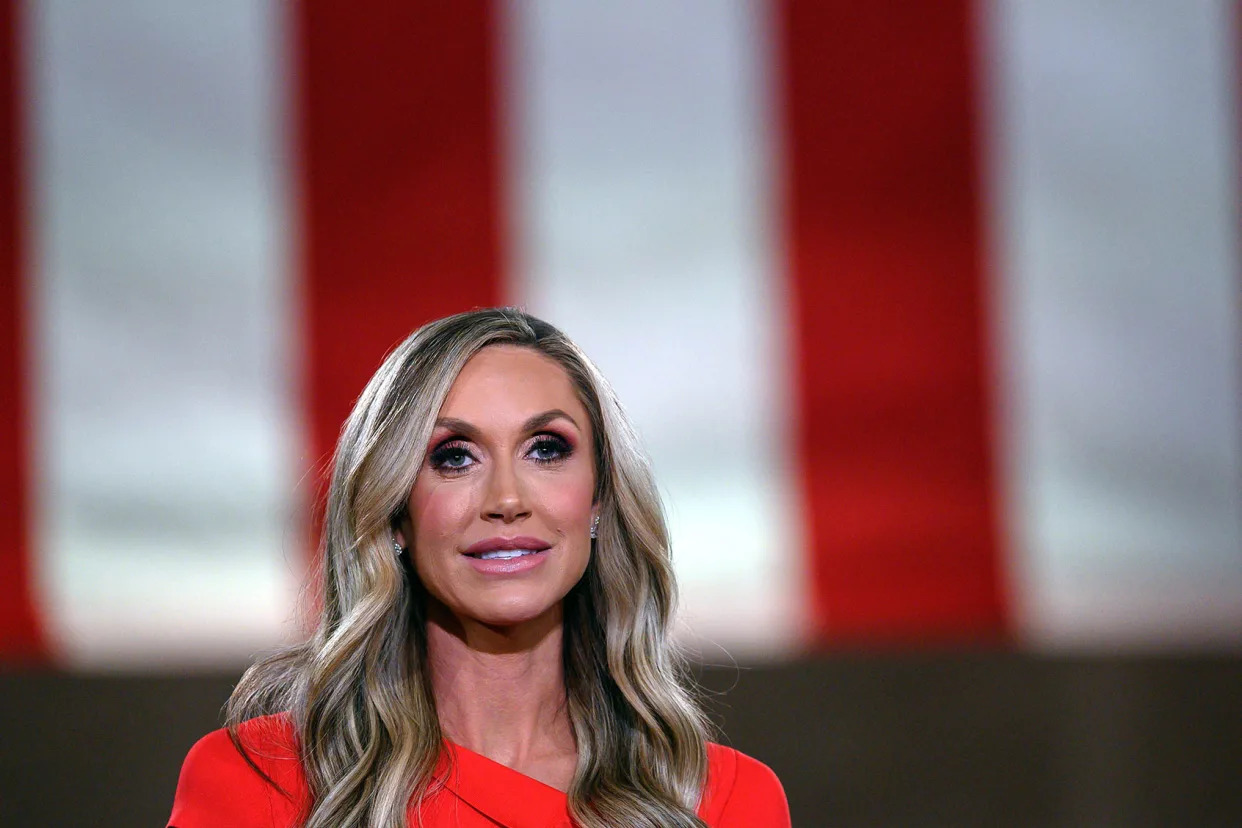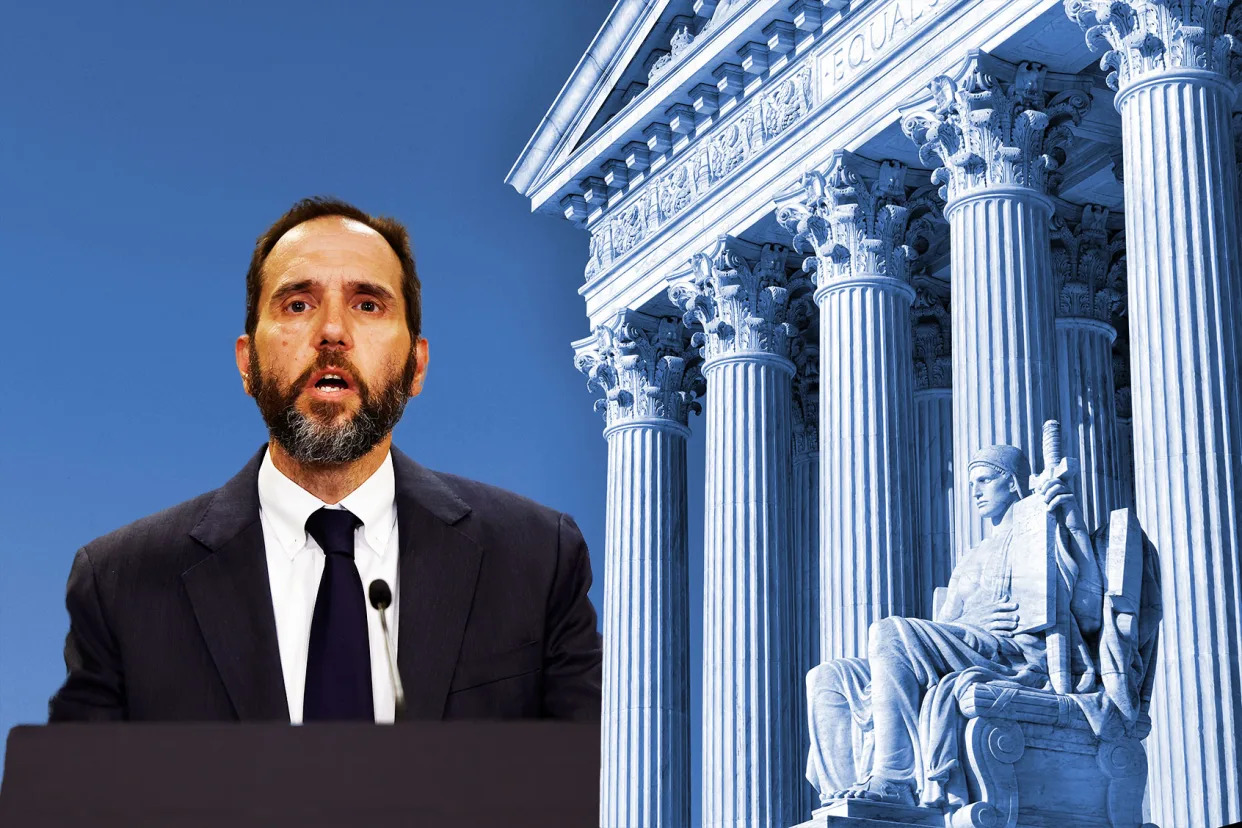The New York Times – Opinion
Our Society is Not a Bee Hive
By Jamelle Bouie – February 17, 2024

This week in The Texas Monthly, I read a troubling profile of Tim Dunn, a 68-year-old billionaire Texas oilman and lavish financier for right-wing extremists in the state.
“In the past two years,” Russell Gold writes, “Dunn has become the largest individual source of campaign money in the state by far.” He has spent, through his political action committee, millions of dollars targeting Republicans who don’t meet his ideological litmus tests of opposition to public schools, opposition to renewable energy and support for tax cuts and draconian anti-abortion laws.
A pastor who once said that only Christians should hold leadership positions in government, Dunn sees himself as someone who is on a religious mission of sorts and has devoted his time and wealth to imposing his ultraconservative politics and fundamentalist beliefs on as many Texans as possible.
I highly recommend reading the entire profile, which is a comprehensive look at a very powerful man. I was disturbed. There is his wealth and influence, yes. But there is also his worldview, captured in the opening scene of the piece. Dunn makes an unfavorable comparison between human societies and bee hives:
“When everybody does what they do best for the hive, it prospers,” he said. “If you’re a guard, then be a guard. If you’re a scout, be a scout.” Dunn then contrasted the cooperation of the hive with the inexorable tumult of modern politics. “Why do people hate politics?” he asked. “Everybody’s making it all about themselves,” he said. “Does it create harmony? Are people there trying to serve the body with their gifts? That’s why you hate it. It’s an example of what not to do.”
By itself, this passage reads as fairly innocuous. But when read with Dunn in mind — a straightforward Christian nationalist whose allies in Texas politics are leading the charge to ban books, suppress the rights of L.G.B.T.Q. Texans and restrict reproductive health care — it takes on a more ominous cast.
The passage, in that context, seems to capture the perspective of a man who does not believe in democratic freedom — a freedom rooted in political and social equality — as much as he believes in the freedom of the master, which is to say the freedom to rule and subordinate others. It’s a tyrannical freedom, one that rests on the idea that the world is nothing but a set of overlapping hierarchies, and that if you do not sit at the top of one, then you must be made to serve those who do. You’ll find freedom within your role, and nowhere else.
This is not a new or foreign conception of freedom — it is very much a part of the American political tradition, one of the more dissonant notes in our collective heritage. The issue, today, is twofold. First, we have a powerful political movement, led by Donald Trump, that defines itself in terms of this freedom. And second, we’ve allowed such a grotesque accumulation of wealth that figures like Dunn can wield tremendous influence over the political system.
I’ve written before that the fight to save American democracy will involve more than beating Trump at the ballot box. Finding ways to radically limit the political reach of the super wealthy is part of what I mean.
What I Wrote
My Tuesday column was on Trump’s obvious deficiencies as he runs for another term in the White House.
It’s not that there aren’t legitimate reasons to be concerned about Biden’s age. He is already the oldest person to serve in the Oval Office. The issue here is one of proportion and consequence. Biden may be unable to do the job at some point in the future; Trump, it seems to me, already is. One of those is a lot more concerning than the other.
My Friday column was on what I am calling the Trump mulligan — the extent to which he’s not held responsible for the events of his own presidency.
Why does Trump get this mulligan on his presidency? I think it owes a lot to his celebrity persona. Although Trump has not been on a major screen in Hollywood since 2015, when he was fired from NBC’s “The Apprentice,” he still retains the celebrity status he cultivated over decades in film and television. He is a politician — he was, again, president of the United States — but he’s not perceived as a politician. He is seen, even now, as outside of or somehow transcending traditional politics.










